
Augusta Ada King, Countess of Lovelace was an English mathematician and writer, chiefly known for her work on Charles Babbage's proposed mechanical general-purpose computer, the Analytical Engine. She was the first to recognise that the machine had applications beyond pure calculation, and to have published the first algorithm intended to be carried out by such a machine. As a result, she is often regarded as the first computer programmer.

Grace Brewster Hopper was an American computer scientist, mathematician, and United States Navy rear admiral. One of the first programmers of the Harvard Mark I computer, she was a pioneer of computer programming who invented one of the first linkers. Hopper was the first to devise the theory of machine-independent programming languages, and the FLOW-MATIC programming language she created using this theory was later extended to create COBOL, an early high-level programming language still in use today.
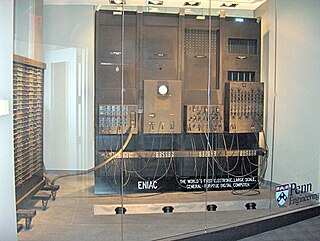
ENIAC was the first programmable, electronic, general-purpose digital computer, completed in 1945. There were other computers that had these features, but the ENIAC had all of them in one package. It was Turing-complete and able to solve "a large class of numerical problems" through reprogramming.

John Adam Presper Eckert Jr. was an American electrical engineer and computer pioneer. With John Mauchly, he designed the first general-purpose electronic digital computer (ENIAC), presented the first course in computing topics, founded the Eckert–Mauchly Computer Corporation, and designed the first commercial computer in the U.S., the UNIVAC, which incorporated Eckert's invention of the mercury delay-line memory.

Anita Borg was an American computer scientist celebrated for advocating for women’s representation and professional advancement in technology. She founded the Institute for Women and Technology and the Grace Hopper Celebration of Women in Computing.
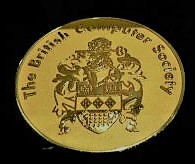
The Lovelace Medal was established by the British Computer Society in 1998, and is presented to individuals who have made outstanding contributions to the understanding or advancement of computing. It is the top award in computing in the UK. Awardees deliver the Lovelace Lecture.
The Eckert–Mauchly Computer Corporation (EMCC) was founded by J. Presper Eckert and John Mauchly. It was incorporated on December 22, 1947. After building the ENIAC at the University of Pennsylvania, Eckert and Mauchly formed EMCC to build new computer designs for commercial and military applications. The company was initially called the Electronic Control Company, changing its name to Eckert–Mauchly Computer Corporation when it was incorporated. In 1950, the company was sold to Remington Rand, which later merged with Sperry Corporation to become Sperry Rand, and survives today as Unisys.
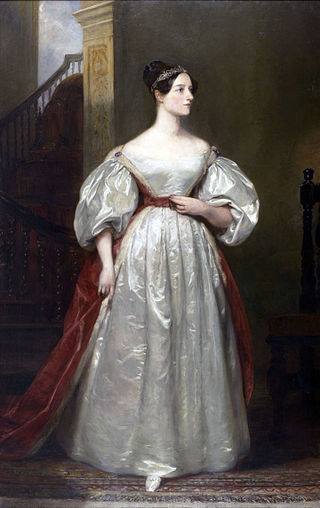
Women in computing were among the first programmers in the early 20th century, and contributed substantially to the industry. As technology and practices altered, the role of women as programmers has changed, and the recorded history of the field has downplayed their achievements.
Jean E. Sammet was an American computer scientist who developed the FORMAC programming language in 1962. She was also one of the developers of the influential COBOL programming language.
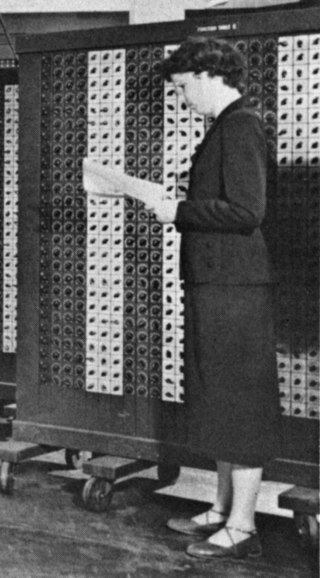
Frances Elizabeth Holberton was an American computer scientist who was one of the six original programmers of the first general-purpose electronic digital computer, ENIAC. The other five ENIAC programmers were Jean Bartik, Ruth Teitelbaum, Kathleen Antonelli, Marlyn Meltzer, and Frances Spence.
Adele Goldstine was an American mathematician and computer programmer. She wrote the manual for the first electronic digital computer, ENIAC. Through her work programming the computer, she was also an instrumental player in converting the ENIAC from a computer that needed to be reprogrammed each time it was used to one that was able to perform a set of fifty stored instructions.
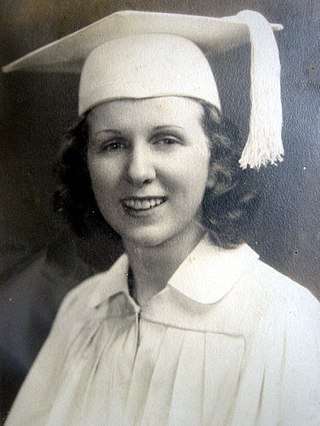
Kathleen Rita Antonelli, known as Kay McNulty, was an Irish-born American computer programmer and one of the six original programmers of the ENIAC, one of the first general-purpose electronic digital computers. The other five ENIAC programmers were Betty Holberton, Ruth Teitelbaum, Frances Spence, Marlyn Meltzer, and Jean Bartik.

Jean Bartik was one of the original six programmers for the ENIAC computer.

Frances V. Spence was one of the original programmers for the ENIAC. She is considered one of the first computer programmers in history.
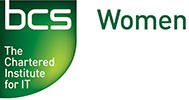
BCSWomen is a Specialist Group of the British Computer Society, The Chartered Institute for IT, that provides networking opportunities for all BCS professional women working in IT around the world, as well as mentoring and encouraging girls and women to enter or return to IT as a career. Founded by Dr Sue Black, as of March 2020 the Chair of BCSWomen is Andrea Palmer. BCSWomen has the aim of supporting women working in and considering a career in Information Technology.

Software is a set of programmed instructions stored in the memory of stored-program digital computers for execution by the processor. Software is a recent development in human history, and it is fundamental to the Information Age.
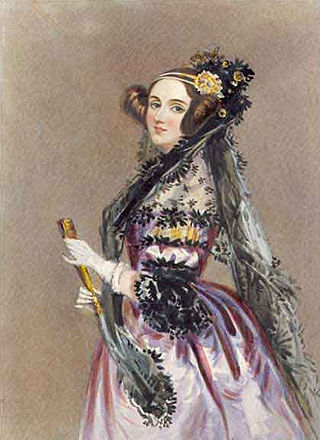
This is a timeline of women in computing. It covers the time when women worked as "human computers" and then as programmers of physical computers. Eventually, women programmers went on to write software, develop Internet technologies and other types of programming. Women have also been involved in computer science, various related types of engineering and computer hardware.

The Innovators: How a Group of Hackers, Geniuses, and Geeks Created the Digital Revolution is an overview of the history of computer science and the Digital Revolution. It was written by Walter Isaacson, and published in 2014 by Simon & Schuster.

The Ada Lovelace Award is given in honor of the English mathematician and computer programmer, Ada Lovelace, by the Association for Women in Computing. Founded in 1981, as the Service Award, which was given to Thelma Estrin, it was named the Augusta Ada Lovelace Award, the following year.

Broad Band: The Untold Story of the Women Who Made the Internet is a nonfiction book by Claire L. Evans published in 2018 by Penguin Putnam Inc. The magazine Inc. named it one of the ten top business books of 2018.

















